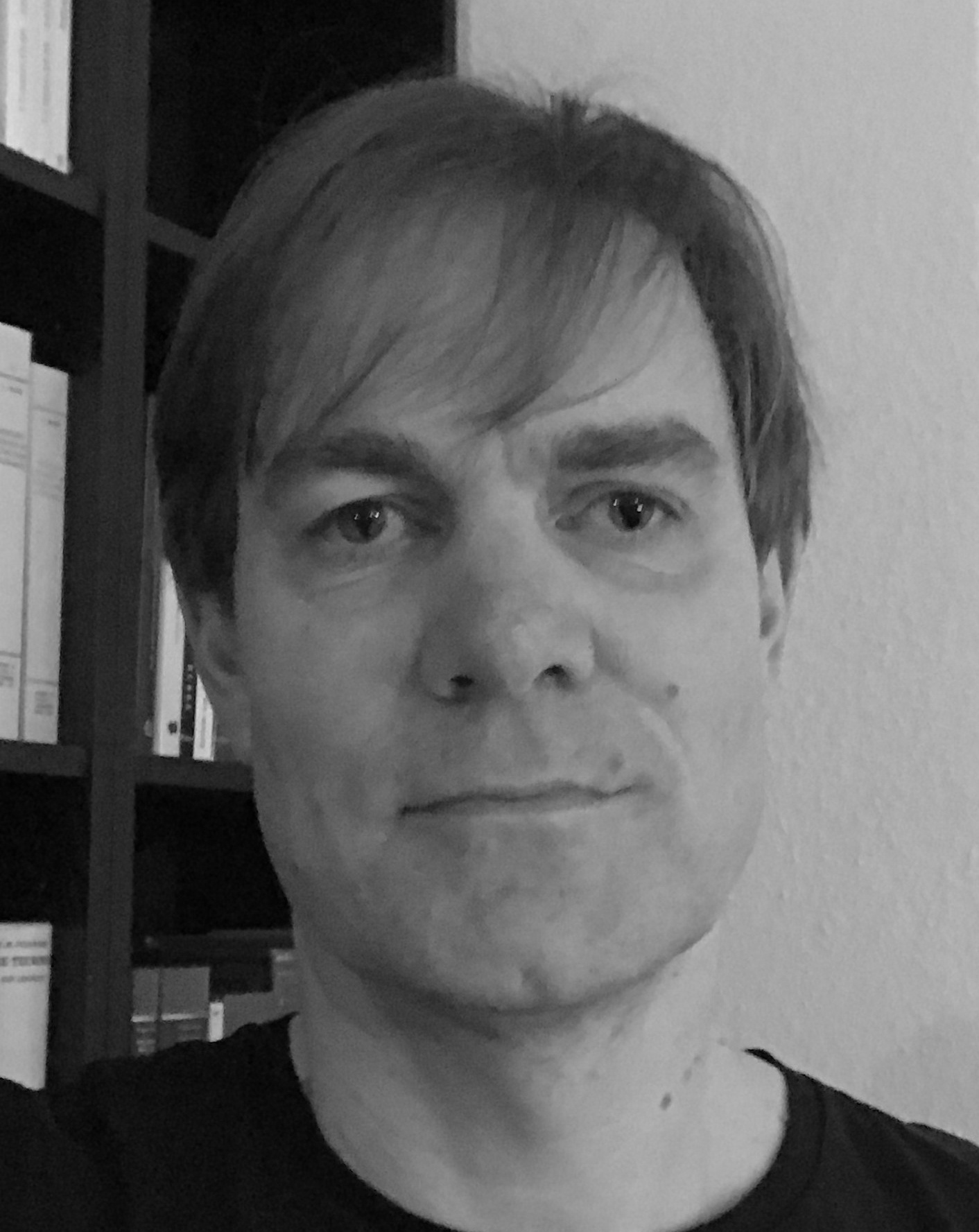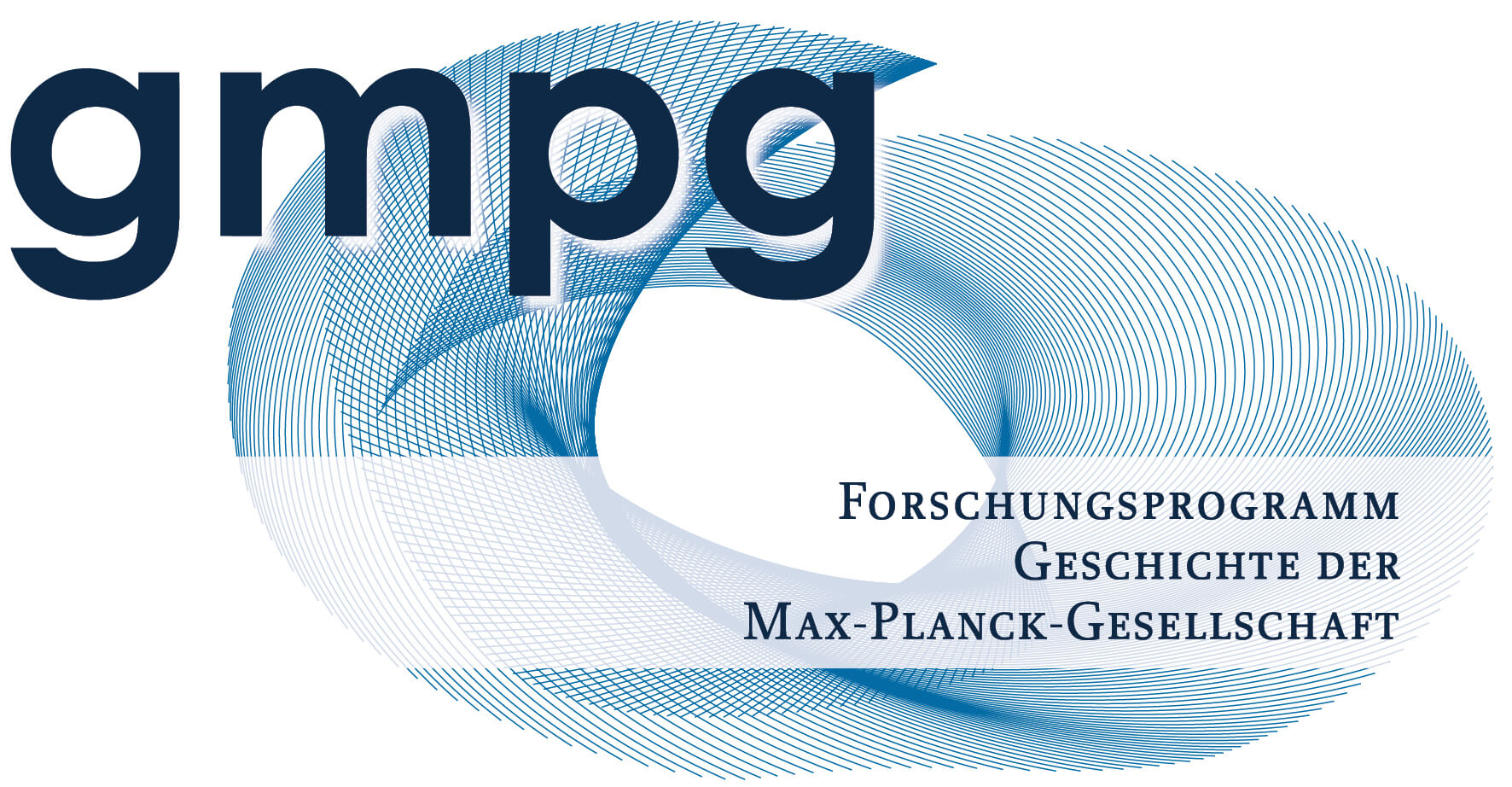
Contact
- Phone:
- Email:
Dr. Matthias Schemmel
Reflection on science and society in the ‘utopian period’ of the Max Planck Society
Profile
Matthias Schemmel studied physics and astronomy (diploma in 1997) at the University of Hamburg and at Nanjing University, and history (doctoral degree in 2006) at the Humboldt University of Berlin. Since 1997 he has worked at the Max Planck Institute for the History of Science on historical sources related to the reorganization of the knowledge of physics and its neighboring disciplines in the twentieth century; to the transformation of the early modern European knowledge system; to the emergence of theoretical science in ancient societies, in particular China; and to the transfer of knowledge between Europe and China. He taught courses at the Technical University of Berlin, the Humboldt University of Berlin, the University of Bern, and the University of Venice. From 2008 to 2012, in the context of the TOPOI project cluster, he was the director of an interdisciplinary research group on the long-term development of spatial concepts.
With the foundation of the Max Planck Institute for the Study of the Scientific-Technical World in Starnberg in 1970, the Max Planck Society had created a space for reflection on science and its role in society unprecedented in its history. The research endeavor aims at presenting the development of the Starnberg institute’s research in the field of science studies in connection with the enabling and restricting institutional developments within the Max Planck Society. Account shall be taken of contemporary societal developments and the growing awareness of global economic-ecological problems that simultaneously took shape world-wide and partly became manifest in new institutions such as the Club of Rome, or the International Institute for Applied Systems Analysis.
